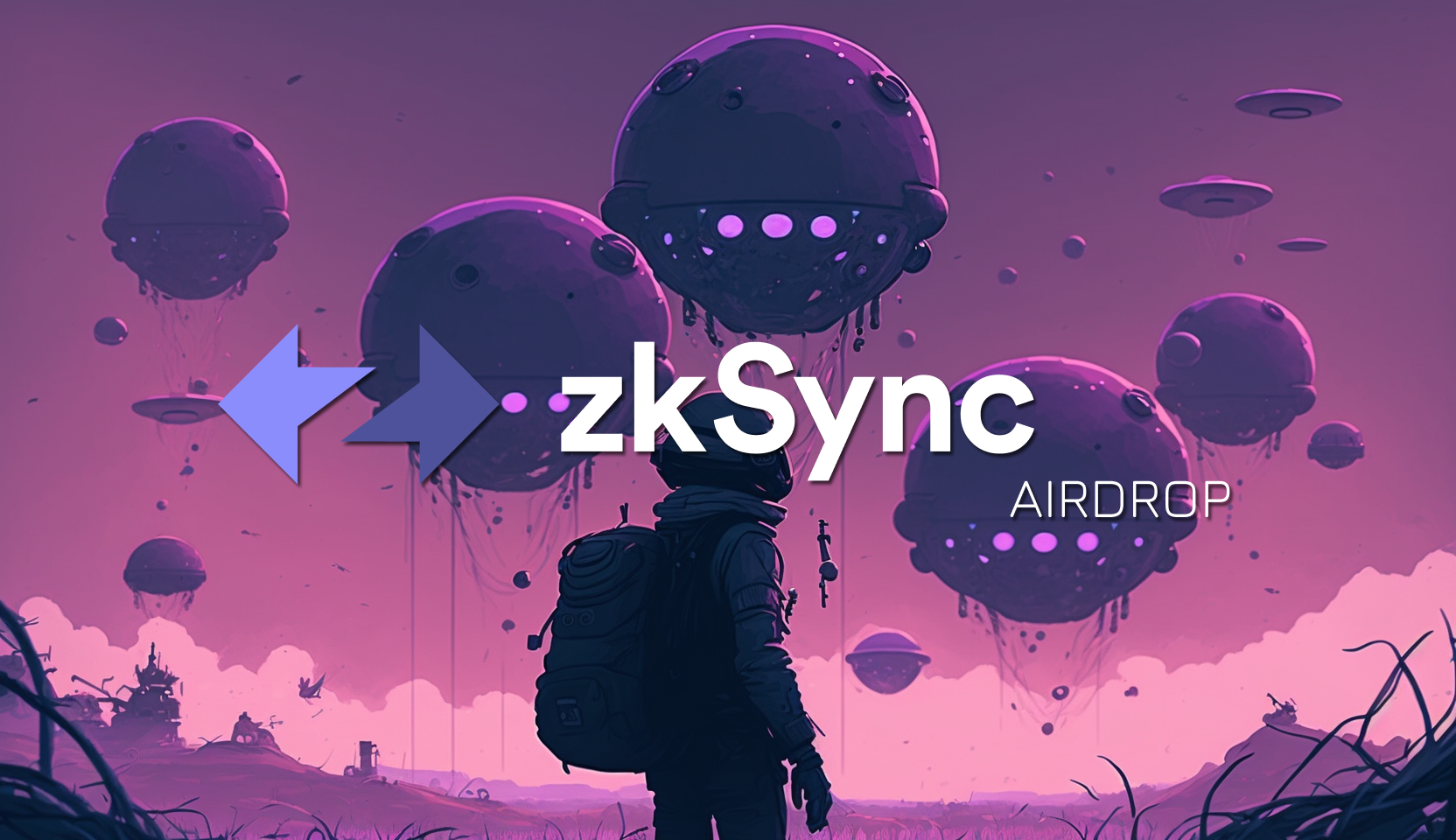|
Getting your Trinity Audio player ready...
|
ZKsync Era, a layer-2 scaling solution for the Ethereum blockchain, has announced a massive airdrop of its native ZK token. This airdrop, totaling 17.5% of the token’s supply (around 3.7 billion tokens), is positioned as the “largest distribution of tokens to users amongst major L2s.”
The airdrop targets ZKsync users who have transacted on the network before a specific date and met a minimum activity threshold (details on the threshold haven’t been disclosed yet). This user-centric approach allocates 89% of the airdrop to the community, with the remaining 11% going to ecosystem contributors and builders.
Whales Capped, Governance Focus
To ensure wider distribution and fairer rewards, Matter Labs, the development firm behind ZKsync, has imposed a cap of 100,000 tokens per recipient, effectively preventing large holders (“whales”) from dominating the airdrop. This aligns with Matter Labs’ emphasis on community governance, with the airdrop placing the largest share of liquid tokens in the hands of ZKsync users who will shape the protocol’s future through upcoming governance initiatives.
Airdrop Drama: Echoes of Discontent
The ZKsync airdrop follows similar token distributions by other layer-2 projects like StarkNet and EigenLayer, which faced criticism from users who felt they received insufficient allocations. In EigenLayer’s case, stricter airdrop restrictions for users in certain countries also sparked controversy.
Matter Labs acknowledges the challenges of crafting a universally satisfying airdrop strategy. While prioritizing the community, they also have to comply with regulations that might exclude users from specific regions. Specific details on these restrictions and enforcement methods remain unclear.
ZK Trademark Dispute Heats Up
The ZK airdrop announcement comes on the heels of another controversy surrounding Matter Labs. Their attempt to trademark “ZK,” a common abbreviation for zero-knowledge cryptography, drew criticism from competitors like Polygon and Starkware. These projects argued that “ZK” is a public good within the Ethereum ecosystem, and Matter Labs’ move was seen as an attempt to monopolize the term.
While defending their initial trademark application as a standard industry practice, Matter Labs ultimately decided to withdraw it in response to community feedback. CEO Alex Gluchowski emphasized their commitment to fair play and avoiding any impression of manipulating the system.
Looking Ahead: Big Money, Big Questions
With a pre-market valuation placing the airdrop’s total value above ZKsync’s current TVL, the distribution promises significant rewards for early adopters. However, questions regarding user eligibility, regional restrictions, and the project’s overall governance structure remain to be addressed. As ZKsync navigates these complexities, the coming weeks will be crucial in determining the airdrop’s success and the project’s future trajectory.
Disclaimer: The information in this article is for general purposes only and does not constitute financial advice. The author’s views are personal and may not reflect the views of Chain Affairs. Before making any investment decisions, you should always conduct your own research. Chain Affairs is not responsible for any financial losses.
I’m the cryptocurrency guy who loves breaking down blockchain complexity into bite-sized nuggets anyone can digest. After spending 5+ years analyzing this space, I’ve got a knack for disentangling crypto conundrums and financial markets.




